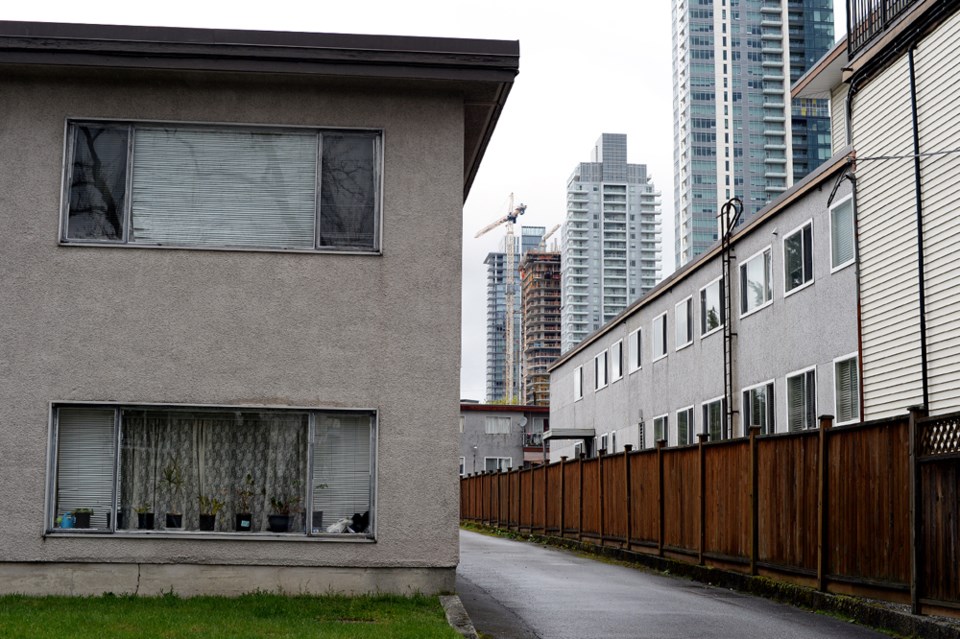With more than a year passing since Burnaby adopted the final recommendations of its housing task force, the city says it has completed four of 10 “quick starts” and one of 18 long-term recommendations.
Council gave final approval to the task force’s report in mid-July 2019, and staff recently updated councillors on the progress toward achieving the goals set out in the report.
Staff noted “a few notable achievements” in the first year since the final report was adopted, including the creation of both a rental use zoning policy and a tenant assistance policy. Together, they were hailed at the time as one of the province’s most progressive housing policies. Staff also pointed to the creation of a rent bank to prevent homelessness by supporting renters with low- to no-interest loans during the pandemic.
The city has also developed a memorandum of understanding with BC Housing to “solidify a partnership” to build more non-market housing and offered several city-owned sites at nominal rates for non-market housing developments.
In addition to the tenant assistance policy and the rent bank, a staff report noted two other quick-start recommendations have also been completed. That includes increasing density bonuses for more below-market rentals – something that was achieved through the rental use zoning policy – and gathering data on empty homes. City staff said they are still awaiting 2020 data on that issue.
Still in progress, however, are a modular housing strategy (forthcoming, according to the city’s report), regulating short-term rentals (a framework for those regulations was adopted in July this year), and reducing red tape to increase the number of homes in neighbourhoods (“initiatives are underway,” according to staff).
As for the long-term goals, only one was cited as completed: adopting a tenant relocation policy. This has been achieved through the city’s tenant assistance policy, which forces developers to rehouse tenants displaced by new projects at the same rent as they were paying previously, with allowance for provincially controlled rent hikes.
The city is still working to develop its housing strategy, which, according to the report, will incorporate just about all of the remainder of the long-term goals.
That report is expected to be completed by the end of the year, staff told council at a recent meeting, and the housing task force is also set to reconvene to go over the city’s progress since it dissolved in 2019.
Coun. Colleen Jordan said she hoped the province will maintain cities’ ability to zone for rental housing. She cited that as a key factor in the city’s accomplishments so far “without it costing us a huge amount of money and/or provision of extra density.”
“The rental zoning has given us the capacity to do, amongst other things, a lot of what’s in this report and the other, previous report,” she said, referring to a report on increases in the city’s rental stock.
That report noted 1,800 rental units are currently under construction or were built in the last year or so in Burnaby.
Follow Dustin on Twitter at @dustinrgodfrey
Email [email protected]



